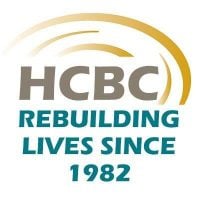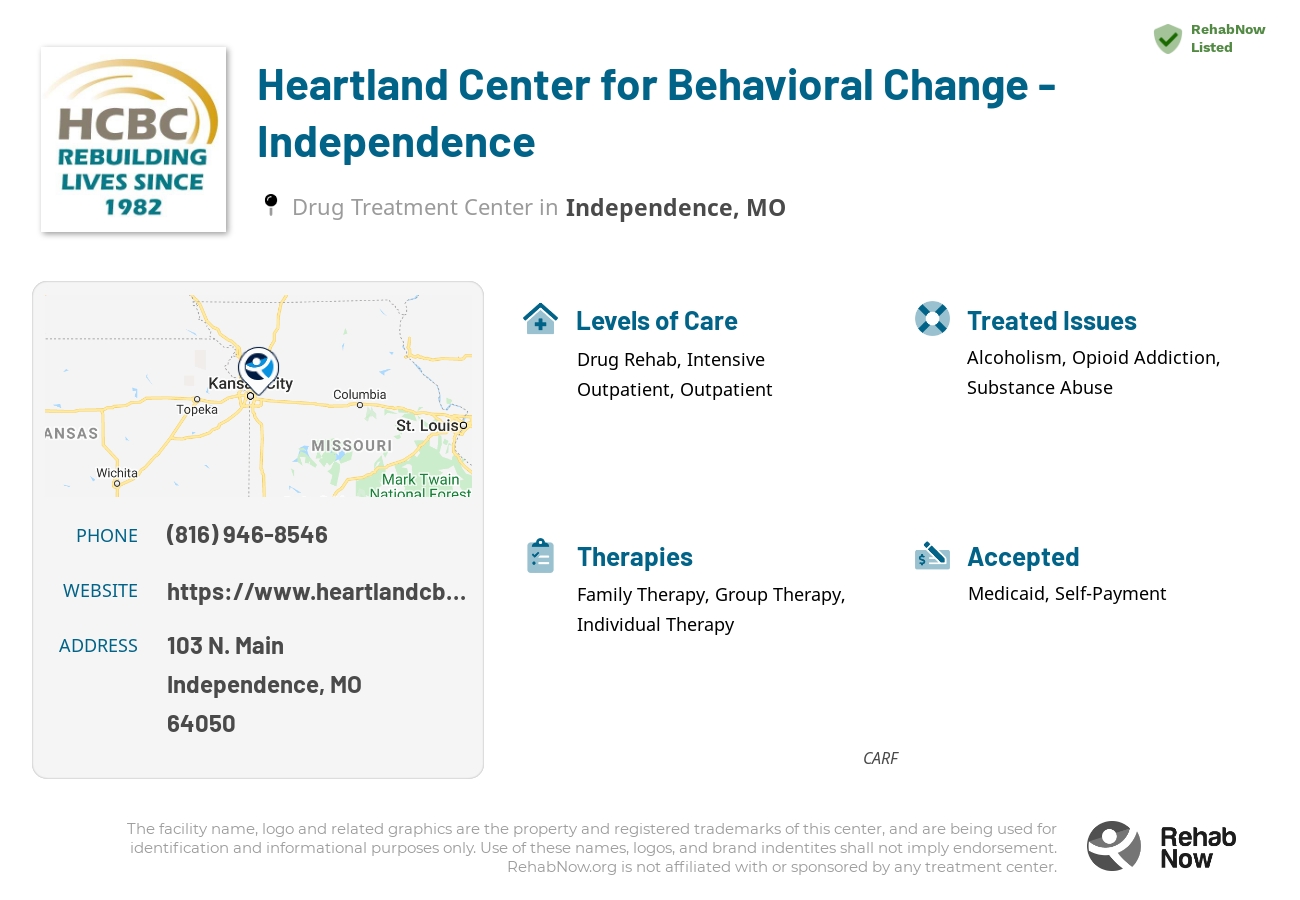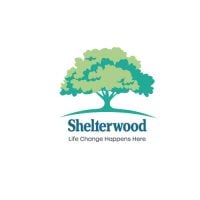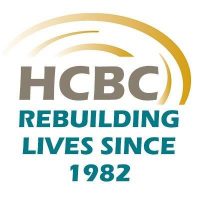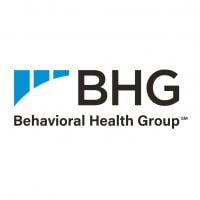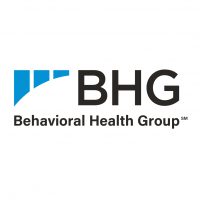Heartland Center for Behavioral Change - Independence
Drug Rehab Center in Independence, Missouri
The Heartland Center for Behavioral Change is an accredited addiction treatment center located in Independence, Missouri providing evidence-based services such as inpatient care, drug rehab, and intensive and outpatient programs to help people struggling with substance abuse.
About Heartland Center for Behavioral Change - Independence in Missouri
Heartland Center for Behavioral Change in Independence, MO, is dedicated to serving adult men and women in the East KC area with a wide array of services to combat substance abuse and support behavioral health. Their approach is rooted in evidence-based services, like Moral Reconation Therapy and The Matrix Model, and they offer a sliding fee scale for financial assistance.
- Evidence-Based Services: Incorporation of Moral Reconation Therapy, Living in Balance, and The Matrix Model to support recovery.
- Financial Assistance Available: A sliding fee scale helps make treatment accessible for those who qualify.
- Comprehensive Support: Offers individual and group counseling, medication treatment, and specialized programs like SATOP.
Accredited by CARF, Heartland Center for Behavioral Change - Independence highlights its commitment to high-quality standards in addiction treatment. By providing services funded by The Department of Mental Health and accepting referrals from various state divisions, they ensure diverse access to their comprehensive programs.
The facility treats alcoholism, opioid addiction, substance abuse, dual diagnosis, and drug addiction through a blend of intensive outpatient, outpatient, and inpatient services. Techniques such as individual therapy, group counseling, and relapse prevention are tailored to meet individual needs, emphasizing holistic recovery.
Genders
Ages
Modality
Additional
Accreditations

CARF
The Commission on Accreditation of Rehabilitation Facilities (CARF) is a non-profit organization that specifically accredits rehab organizations. Founded in 1966, CARF's, mission is to help service providers like rehab facilities maintain high standards of care.
Conditions and Issues Treated
It’s not easy getting sober on one’s own, or even going to rehab and escaping the grasp of addiction by oneself. Substance abuse treatment gives addicts a place to stay sober while learning what it takes to quit for good. They will learn from others about what works and what doesn’t work with remaining drug-free.
Treatment centers such as Heartland Center for Behavioral Change - Independence focus on the needs of individual addicts to heal them. There is a combination of physical and mental therapies that treat the root cause of the addiction, whether it be family problems, stress, or past traumatic events.
The final benefit of substance abuse treatment is introducing new people who can help in your recovery after you leave Heartland Center for Behavioral Change - Independence. Through group therapy sessions with other addicts and attending support meetings once a day, a person will learn how to interact with others and cope with cravings. This is a chance for you to rebuild your social circle healthily after you leave treatment.
Opioid addiction starts when a person becomes addicted to legal or illegal opioids. The addiction can happen quickly, in just a matter of days. Opioid withdrawal can be extremely uncomfortable and lead the user to continue to use even if they want to quit. Stopping using an opioid requires medical observation. Sometimes inpatient treatment with a medically supervised detox is necessary for managing the withdrawal process while learning lasting tools for maintaining recovery. Medications may be used in some cases of opioid addiction.
Opioid addiction is one of Missouri‘s most prominent forms of addiction. It’s treated by detoxifying the body so that the chemicals from the medications no longer impact them and by therapies to correct behavior and target the root of the problem.
Levels of Care Offered
This center offers a variety of custom treatment tailored to individual recovery. Currently available are Drug Rehab, Inpatient, Intensive Outpatient, Outpatient, with additional therapies available as listed below.
Individuals who are suffering from severe addiction or have a high risk for dangerous health concerns are often recommended to receive inpatient treatment.
Choosing to enter an inpatient treatment program is beneficial for people who are suffering from severe addiction, or who have a high risk for dangerous health concerns.
Inpatient treatment is beneficial for:
- People who have a history of severe withdrawal.
- People who have attempted to overcome addiction on their own without success.
- People who have a history of relapse, or have recently relapsed.
- People at risk for drug overdose or withdrawal-related complications.
- People with medical conditions that are worsened by drug or alcohol use.
Addicts who need help with their addiction can enroll in an intensive outpatient program (IOP). But the patient won’t live there during treatment.
IOP involves patients visiting a medical office building regularly for therapy and other services while continuing to live their lives.
IOP is a step up from drug or alcohol detox, but it’s still a phase of recovery, not the end goal. Patients in need of IOP have many options for rehab and treatment.
Outpatient treatment is considered the lower intensity level of addiction treatment. It’s ideal for early phase addiction or lower intensity addictions. It may include weekly sessions instead of daily. It may include weekly sessions instead of daily. Peer group support, 12-step programs, and individual counseling may still be involved but at a lesser frequency than an intensive outpatient program. It is a good choice for someone who doesn’t need to go through a medically supervised detox and who has a supportive home environment. It requires motivation and dedication to commit to the program without constant monitoring.
Therapies & Programs
Individual therapy involves one-on-one sessions between the patient and therapist. It provides patients with a safe environment to openly discuss personal and sensitive issues with the therapist. They find the therapist as someone they can trust. Individual therapy aims to identify the core issues that would have led the patient to substance abuse and address them effectively. The therapist can develop patient-specific customized solutions through individual therapy, which aids speedier recovery.
Family therapy is a group problem-solving that aims to improve communication and relationships between the addict, their family, and sometimes friends. The main goal of family therapy for drug addiction is to create an environment where communication can occur without judgment, hostility, or blame. The therapist is with the family as they learn to communicate differently, especially with the addict when s/he is using. The family can learn to reduce their enabling behavior or rally together and support each other during tough times.
An addict’s family can play a vital part in helping them to avoid relapse because they can spot the warning signs and help them get back on track before it becomes too much of a problem. Family therapy is one of the most effective ways to help addicts stay on the path to long-term sobriety. When a drug addict decides that they want to try and get sober, it takes the support of every person they love to succeed. It can be incredibly difficult for loved ones to watch an addict go through the pain and suffering of withdrawal, but by being there with them and supporting them, they can help to make sure that the addiction never returns.
Groups typically involve meetings with other recovering addicts who can relate to one another’s experiences. They might meet in person or online and typically focus on the process of staying sober rather than overcoming a specific addiction.
In these groups managed by Heartland Center for Behavioral Change - Independence, addicts can build a sense of community and develop strong emotional connections with others who understand what they are going through. These beneficial relationships can help addicts overcome their cravings and prevent relapse at any point during the recovery process.
In general, trauma therapy is a clinical process that helps individuals deal with mental stress often caused by traumatic events. The therapist helps the person identify, understand, and work through the problem. This is done with the help of talking about it in group or one-on-one counseling sessions. Therapists use relaxation, role-playing, art, and music to help the person open up about what is bothering them.
There are many different types of trauma therapists, such as psychiatric nurses and counselors. Not everyone is a good candidate for this type of therapy; it is generally reserved for people who have recently experienced a traumatic event and struggle to get over it. It is often done for children, teenage victims of sexual assault, and war veterans.
Payment Options Accepted
For specific insurance or payment methods please contact us.
Heartland Center for Behavioral Change Associated Centers
Discover treatment facilities under the same provider.
- Heartland Center for Behavioral Change - McGee Street in Kansas City, MO
- Heartland Center for Behavioral Change - Springfield in Springfield, MO
- Heartland Center for Behavioral Change - Campbell in Kansas City, MO
- Heartland Center for Behavioral Change - Liberty in Liberty, MO
- Heartland Center for Behavioral Change - Cassville in Cassville, MO
Learn More About Heartland Center for Behavioral Change Centers
Additional Details
Specifics, location, and helpful extra information.
Independence, Missouri 64050 Phone Number(816) 946-8546 Meta DetailsUpdated April 15, 2024
Staff Verified
Heartland Center for Behavioral Change - Independence Patient Reviews
There are no reviews yet. Be the first one to write one.
Independence, Missouri Addiction Information
Opioid-related overdoses in Missouri have been increasing steadily for the past three decades. In 2018, more than 1,130 people in Missouri died from opioid abuse. Methamphetamines and marijuana abuse have surpassed opioid abuse in Missouri. Missouri is the number 1 methamphetamine manufacturer in the country with more than 27 meth labs per 100,000 people.
In Independence, Missouri, drug addiction is a serious problem. Approximately 9.4% of people in Independence, Missouri, abuse drugs. Additionally, about 18.7% of people in Independence binge drink. One in every five teens will try marijuana before the age of 18. Independence's most common drug rehab treatments include individual counseling, group therapy, behavioral modification, and 12-step programs. These treatments can be effective in helping patients overcome their addiction and achieve sobriety.
Treatment in Nearby Cities
- Fulton, MO (133.8 mi.)
- Windsor, MO (61.8 mi.)
- Warrenton, MO (177.2 mi.)
- Saint Peters, MO (204.7 mi.)
- Hazelwood, MO (218.7 mi.)
Centers near Heartland Center for Behavioral Change - Independence
The facility name, logo and brand are the property and registered trademarks of Heartland Center for Behavioral Change - Independence, and are being used for identification and informational purposes only. Use of these names, logos and brands shall not imply endorsement. RehabNow.org is not affiliated with or sponsored by Heartland Center for Behavioral Change - Independence.
